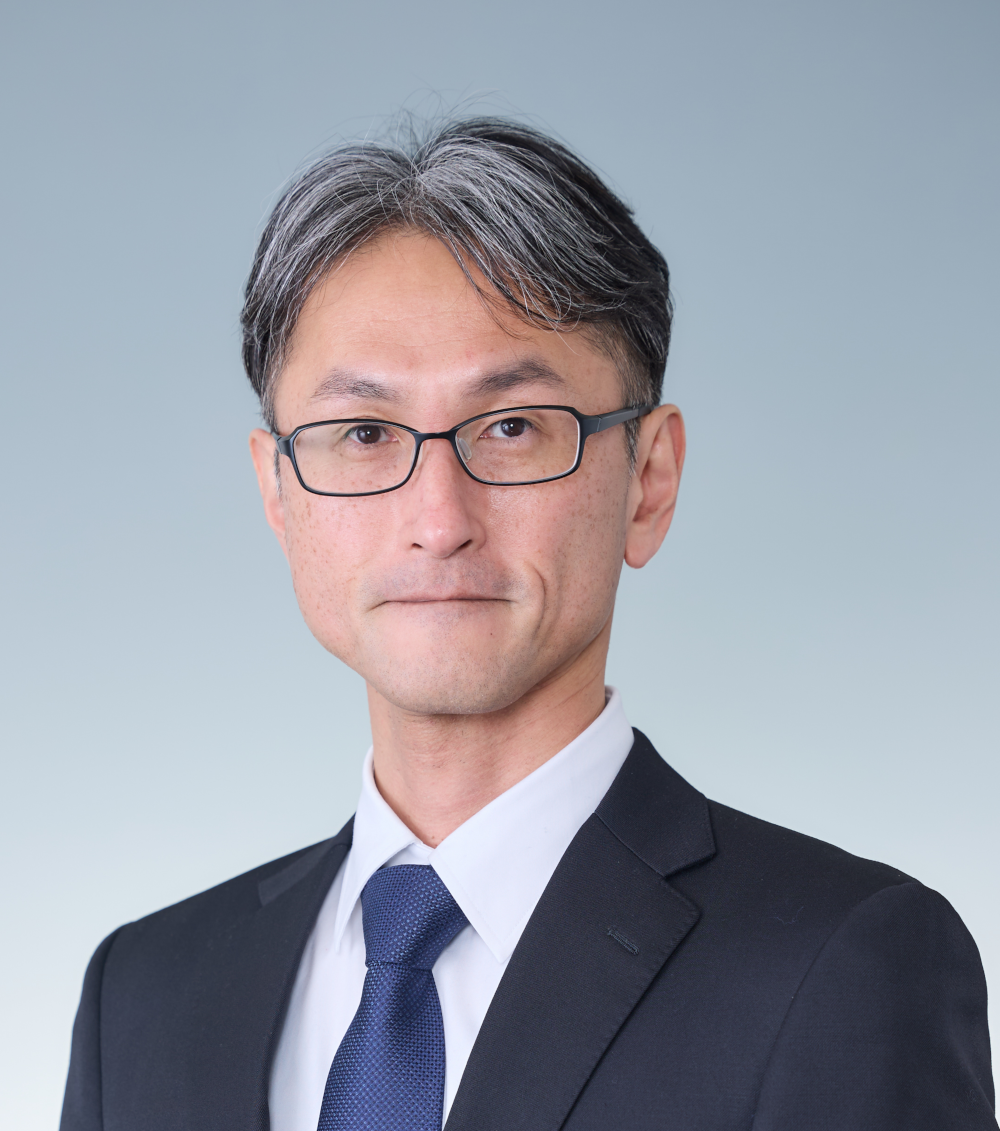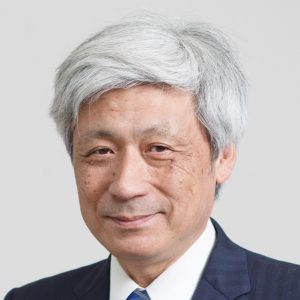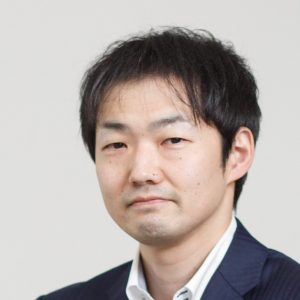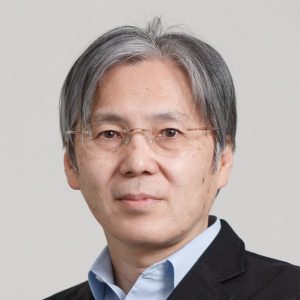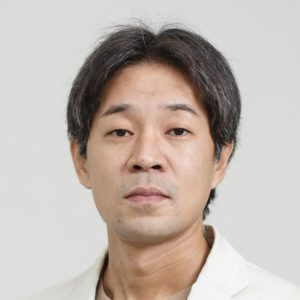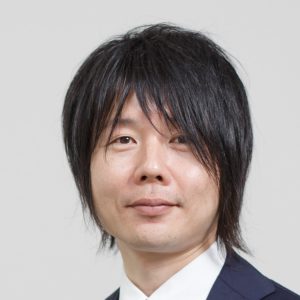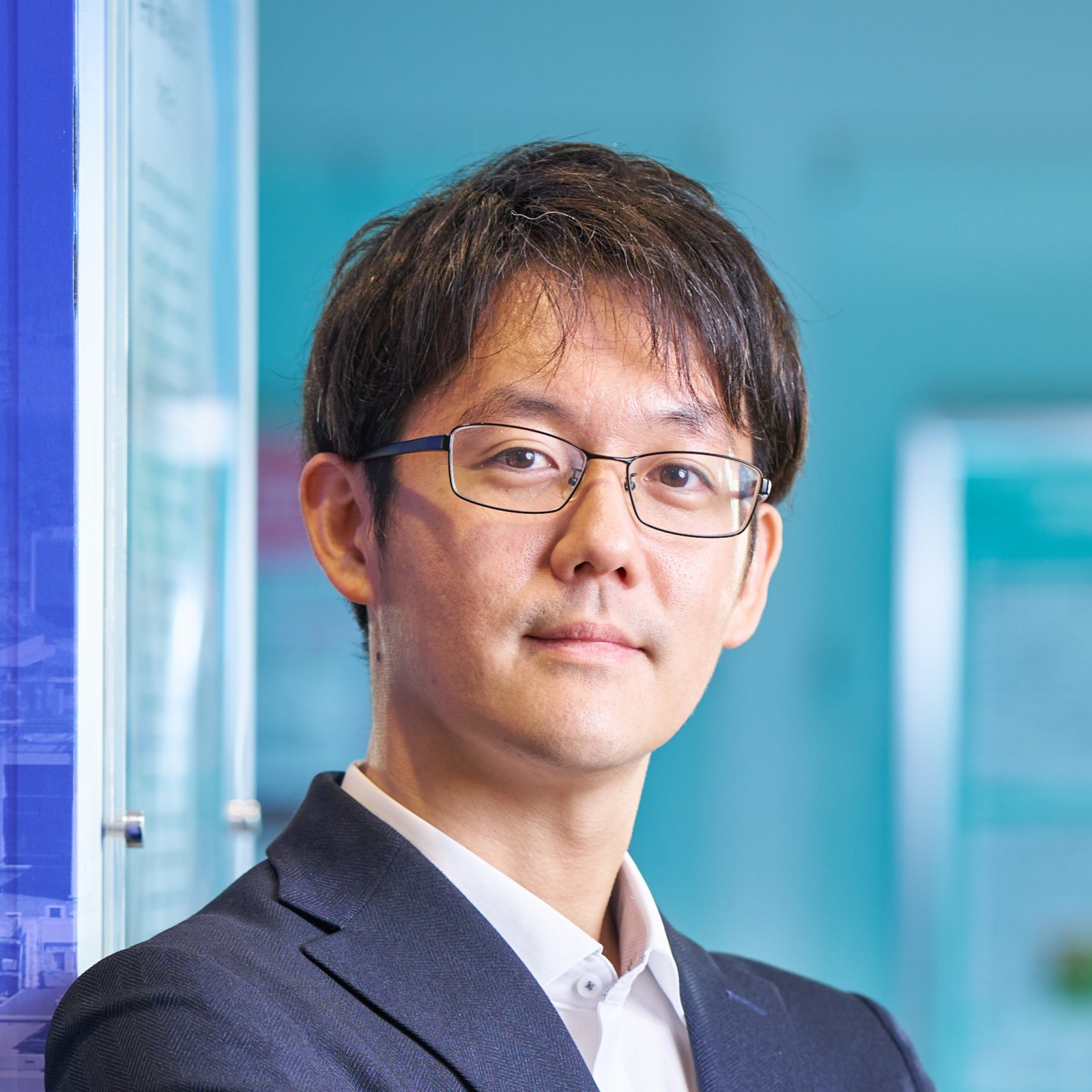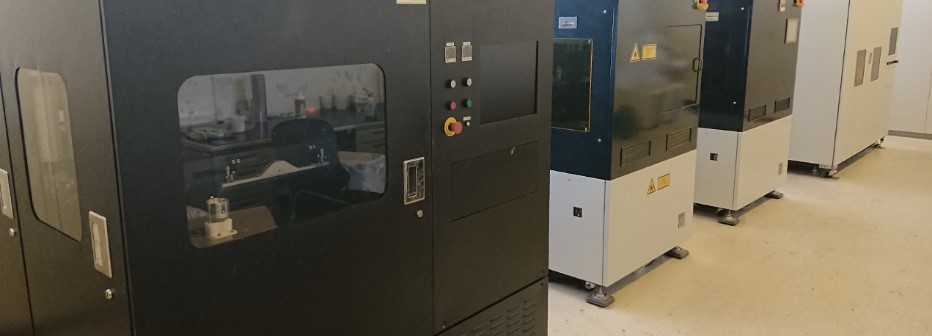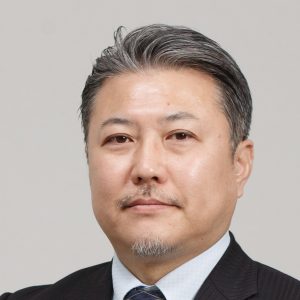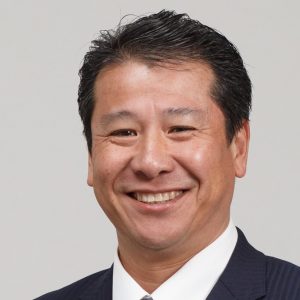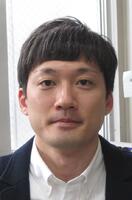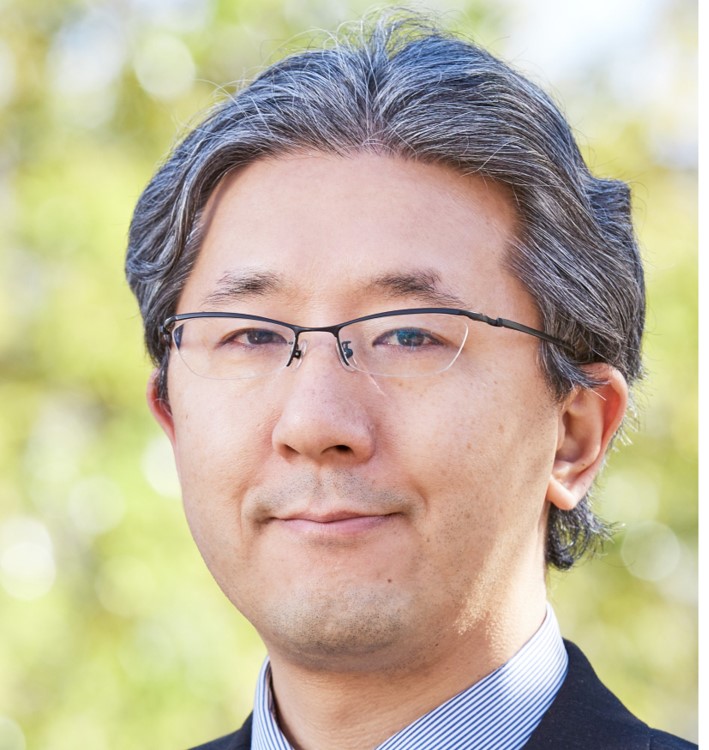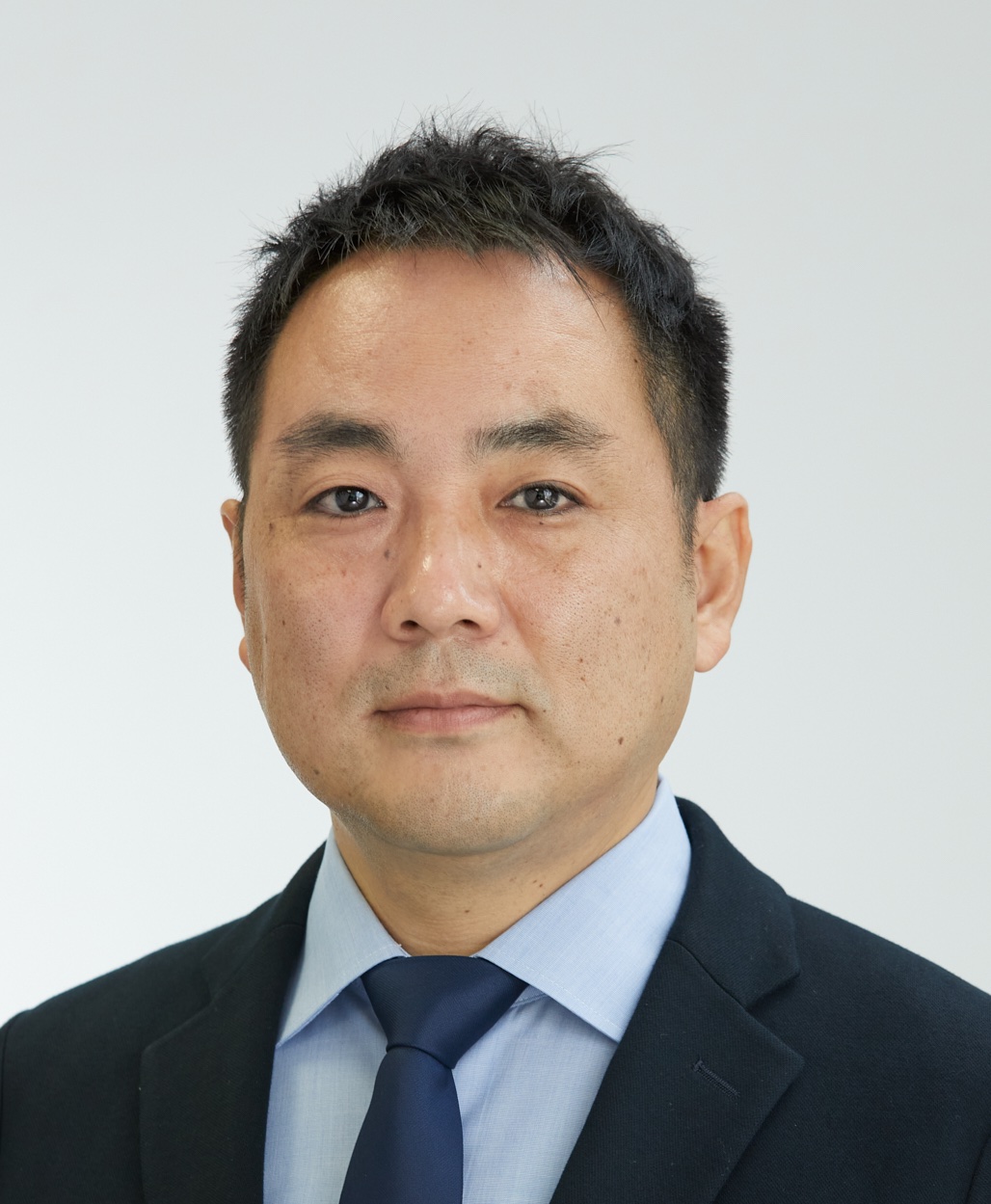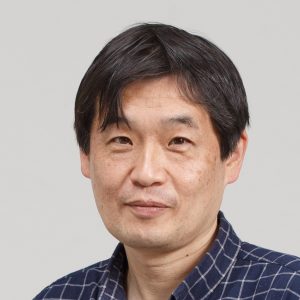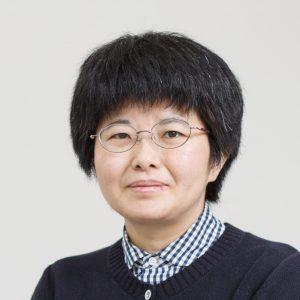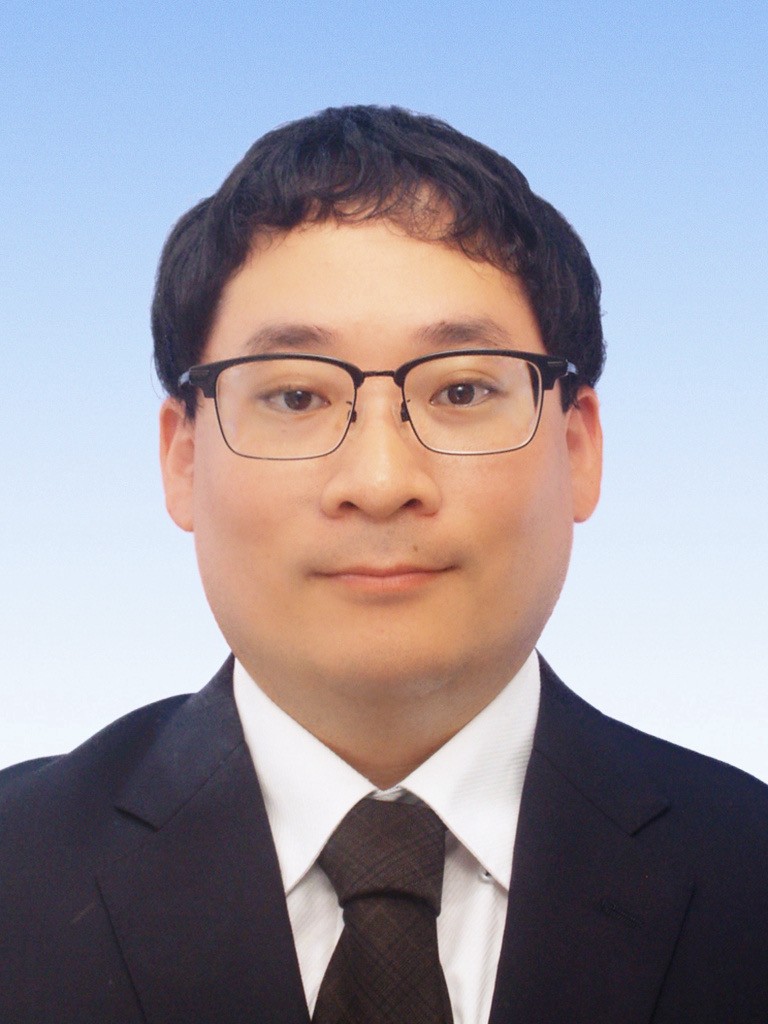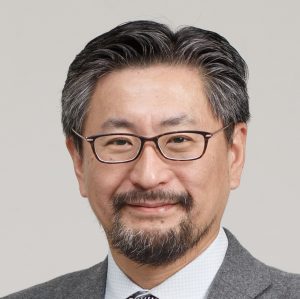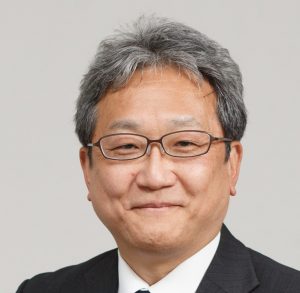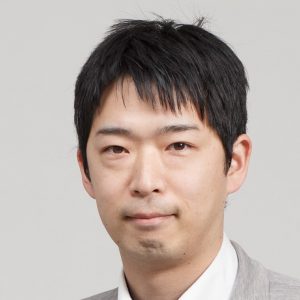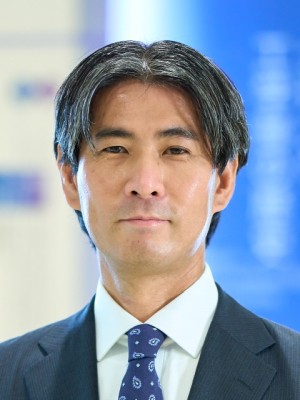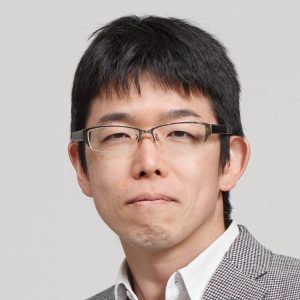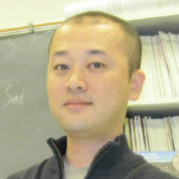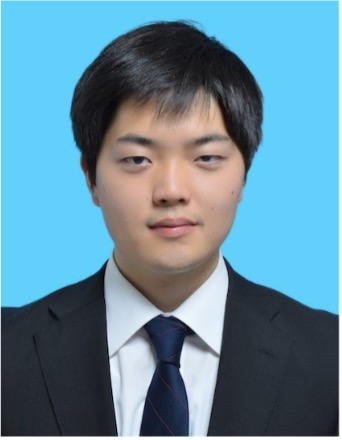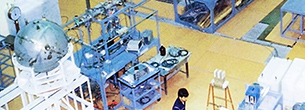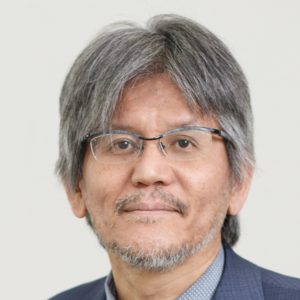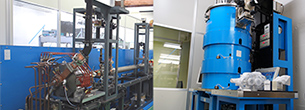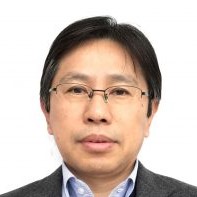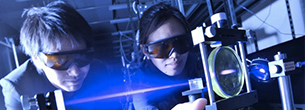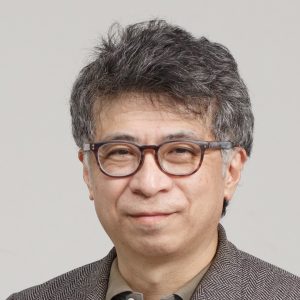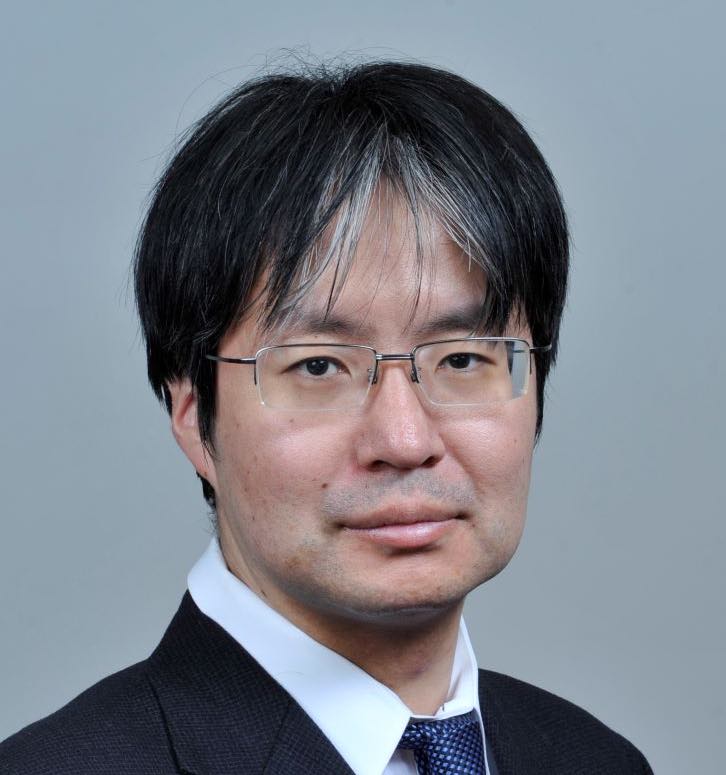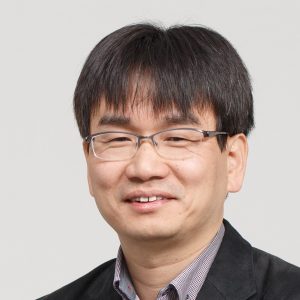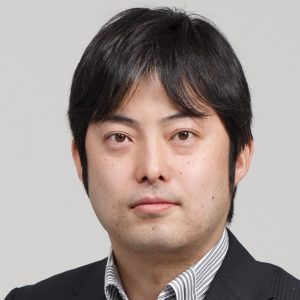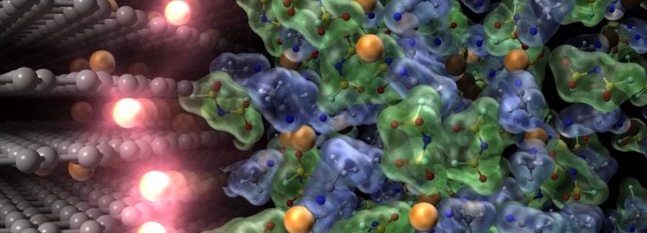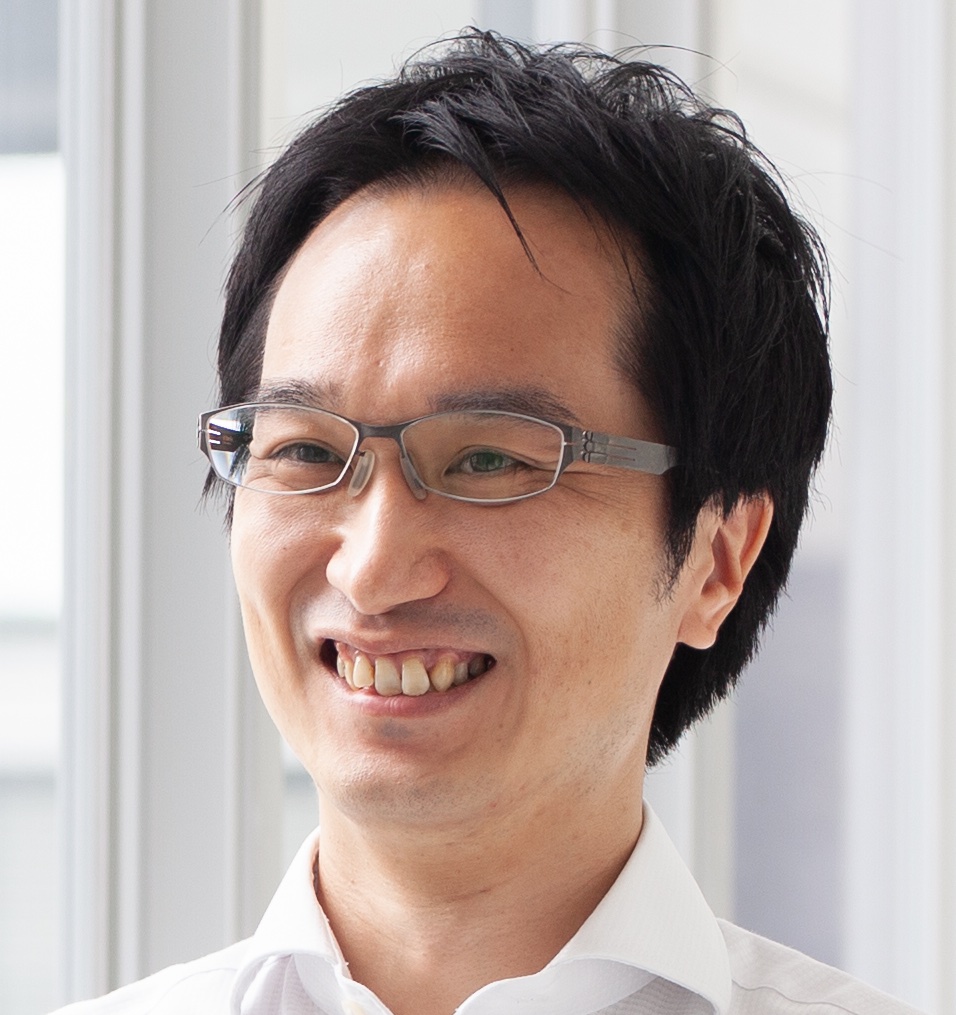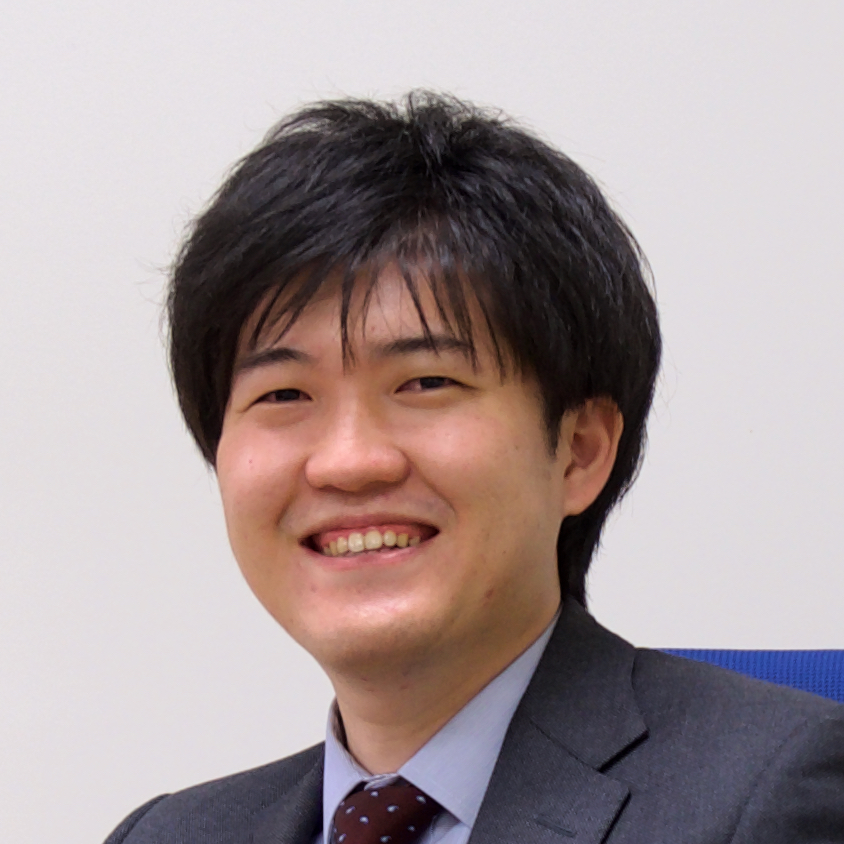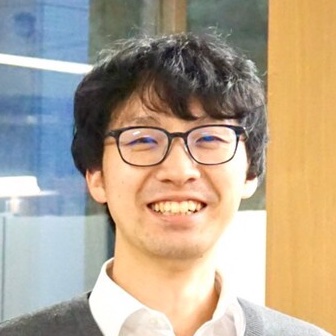Energy takes form in terms of light, electricity, chemicals, machine, nuclear energy, and heat, and to understand, manufacture, convert, and apply it, it is important to have a broad knowledge of areas such as physics and chemistry. The Nuclear Science and Energy Engineering Course encompasses the basic sciences, which provide the foundation for studying the methodologies for working on various energy-related research topics. The pillars of this course are quantum energy (nuclear fission and nuclear fusion), nuclear power technology (front-end and back-end), laser beam engineering (medical applications and radiation usage), and material science (energy conversion materials, biomaterials). The course aims to create individuals with strong basic knowledge and strong expertise who could become actively involved in research institutes or the manufacturing industry.
Biological effects of radiation/ Irradiation effects on polymers/ Magnetic separation/ Decontamination/ Biological measurement
Our laboratory aims to resolve the issues related to energy, the environment, and welfare through the use of radiation technology, magnetic force control technology, and bioinstrumentation. The main themes are as follows: 1) exploring and evaluating the effects of radiation on materials, biomaterials, and the environment; 2) exploring environmental purification, resource recovery, and minimally invasive treatment; and 3) improving the quality of life of humans through the use of bioinstrumentation.
Thermoelectric material / Nuclear fuels / Heat storage material / Heat insulation material / Molten materials
With the aim of achieving a sustainable society and resolving the energy issues, we conduct research on the functional materials used for thermal management, which includes thermoelectric materials, nuclear fuels, heat storage materials, heat insulation materials, and molten materials.
Nuclear Reactor Physics / Probabilistic Risk Assessment
To ensure that the use of nuclear reactors is safer and more economical, we have been developing more reliable management methods for equipment operation and new types of nuclear reactors through experimental research and computer simulation.
Optical diagnosis and therapy / Photo dynamic therapy / Optical properties of biological tissues / Laser ionization mass spectrometry
Based on tissue optics, photobiology, and laser engineering, we conduct research on the application of quantum beams—such as lasers and light-emitting diodes (LEDs)—to diagnostic and therapeutic technologies as well as advanced bioanalytical techniques. Through interdisciplinary research integrating engineering and medicine, we also aim to cultivate human resources capable of bridging the fields of engineering and medical science.
Nuclear and fusion reactor engineering / Liquid metal / Heat and mass transfer
We undertake research and education activities related to the safety of energy systems and new energy system concepts. At present, our main concern is conducting experimental and numerical studies on hydrodynamics and heat transfer in relation to liquid metal energy systems, as well as the evaluation of accidental phenomena and energy conversion systems.
Back-end Chemistry / Recycle Chemistry / Solution Chemistry / Isotope Chemistry
To achieve the safe chemical processing of spent nuclear fuels and radioactive waste, we conduct research on the chemical behavior of actinides and fission product elements in various electrolyte solutions.
Radiation physics and engineering for advanced medical and industrial applications / Neutron engineering studies for nuclear fusion reactor (fusion neutronics) and boron neutron capture therapy (BNCT)
We study radiation physics and engineering for advanced medical and industrial applications. In 1981, we constructed OKTAVIAN, the world’s most powerful 14 MeV neutron source facility, at The University of Osaka. Subsequently, neutronics (neutron engineering) studies in relation to nuclear fusion reactors and boron neutron capture therapy (BNCT) (a new cancer therapy) have been undertaken using OKTAVIAN.
Quantum Beam Material Process Engineering
Quantum beam induced ultrafast phenomena / Pulse radiolysis / Ultra-short electron beam
In the Quantum Beam Material Process Engineering arena, to achieve ultimate nanofabrication, the quantum-beam-induced ultrafast phenomena of materials have been investigated using femtosecond pulse radiolysis and a time-resolved electron microscope.
Lasers / Optical properties / New optical materials / Short-wavelength light sources / Spectroscopic measurements
Our research themes are aimed at developing new optical materials that are useful in both science and engineering. With the use of lasers and spectroscopy techniques, we investigate the optical properties of different materials. We also implement other experimental and theoretical investigations related to these materials alongside various collaborators both in and outside of Japan. Our studies on short-wavelength light-emitting materials have led to the advancement of new applications and next-generation industries.
Laser fusion / laser plasma / reactor technology / computational physics
We are engaged in research into laser fusion as a future principal energy source. Our research includes laser plasma diagnostics, implosion physics, the simulation of fuel pellets and their injection, power plant design, and safety. In addition, we deal with the interaction of radiation with specific optical materials in view of their application as radiation detectors, scintillators, and fusion materials.
Rechargeable batteries / fuel cells / power-to-X technologies / physical chemistry / electrochemistry
Aiming to solve energy problems, we are developing materials and devices for energy storage, energy conversion, and electrosynthesis. Specifically, we are exploring new materials and reactions, analyzing reaction mechanisms, establishing new theories, and developing new devices.
